
Five episodes were provided prior to broadcast.
Much like the cryptocurrency at the heart of Crackle’s latest original series tentpole, StartUp has difficulty leaving the tarmac and is, for all intents and purposes, indefinitely grounded. Created by Ben Ketai, the show orbits around an unlikely trio bound together by (implausible) circumstance as they attempt to get their digital currency start-up, GenCoin, off and running.
Standing in their way is twelve-million-dollars in seed money and a tenacious, maniacal FBI agent named Phil Rask (Martin Freeman). The brains, Izzy Morales (Otmara Marrero), the muscle, Ronald Dacey (Edi Gathegi), and the patsy, Nick Talman (Adam Brody), comprise this Cerberus partnership, each head straining to drag the other two in their desired direction. This absence of leadership parallels StartUp’s lack of a singular, unified direction, resulting in a bite that feels more like a gentle gumming.
Morales, GenCoin’s founder, has spent the better part of the last seven years honing an algorithm that “predicts, adjusts, and adapts to foreign markets and political shifts.” This code, of which the cryptocurrency start-up is based, is what differentiates GenCoin from Bitcoin and similar digital currencies. Izzy somehow manages to convince Nick Talman, a run-of-the-mill investment banker, to financially back her start-up. Nick is the recent beneficiary of his father’s money laundering and injects just over two-million-dollars in to the company. Unbeknownst to him however, three-hundred-thousand of the total capital belongs to Ronald Dacey and his Haitian gang.
Dacey resides in Miami’s little Haiti district with his wife and two children. Keen on providing a better life for his family and eager to escape the constantly impending violence. Ronald opts to become a partner in the start-up rather than murder his newly found cohorts in hopes that it will grant him and his loved ones a safe future.
“What do a banker from Brooklyn, a hacker from Hialeah, and a thug from little Haiti have in common?” One might ask. Well, this direct quote from Freeman’s Rask and trailer tagline rather neatly packages StartUp‘s motivations, even if how the series plays out is anything but tidy. In answer to the rhetorical query, it quickly becomes apparent that deep down, these people are terrible human beings. Selfish, neglectful, and conniving, it’s hard to feel sympathetic towards this cast of characters whose definitive attribute, by and large, is greed.
What makes these people damn near impossible to identify with is their appalling lack of humanity. Apart from a copious amount of lovemaking sequences, there isn’t enough soul or admirable characteristics inhabiting these heartless antiheroes to label them as human beings, let alone make them three-dimensional. Whether it’s Dacey’s willingness to cheat and abandon his compatriots or Nick’s unsympathetic mindset towards third-world-countries and their inhabitants: “You know how much I care about kids in Sudan, about as much as you care about cats and dogs” (a response to a pet-store mogul who’s quite definitive as to whether he’s in it for the money or his love of animals).

The assumption that those of us in the Western World are void of a conscience and are as money-hungry as these tasteless protagonists is damaging misinformation that might as well be a death sentence for StartUp. Ignorant lines of dialogue such as this have me wondering just how out of touch with modern society the show is. For a program that relies so heavily on millennial values and technology, a discourse in its reflection of reality has the bigger picture looking more than just a little bit fuzzy.
StartUp’s incessant attempts at a gritty, relevant, multilayered storyline are well-intentioned, hoping to achieve an encompassing, unobstructed view that offers a vantage point from all walks of life. Nonetheless, its lackadaisical grip on low-hanging fruit gets progressively weaker until thoroughly transparent, which has seemingly gone unperceived by those directly involved. This one-way mirror clarity reveals hands that have delved around in a bargain bin of spare parts and recycled them with unwarranted vulgarity. The show’s many tangents are akin to a slew of haymakers that rarely hit the target. As captivating and sellable as the knockout punch may be, swinging for the fences, more often than not, results in a miscalculated, uncoordinated miss…and StartUp is swinging wild.
When compared to other streaming service juggernauts’ tentpoles, Crackle’s latest endeavour doesn’t have enough ammunition to fight off its competitors. An overstuffed, haphazard plot, bland characters, and devoid of any semblance of originality. StartUp tries to build a claustrophobic, intricate concrete jungle for its all-too-real, close-to-home plot device to dwell. A cityscape that viewers can lose themselves in while the world crumbles around them. Instead, the show merely winds up concocting a flimsy, socioeconomic-driven nightmare that barely stretches a few levels into the sky. Neither noteworthy or memorable, StartUp should have been shown the door in its earliest stages of development.


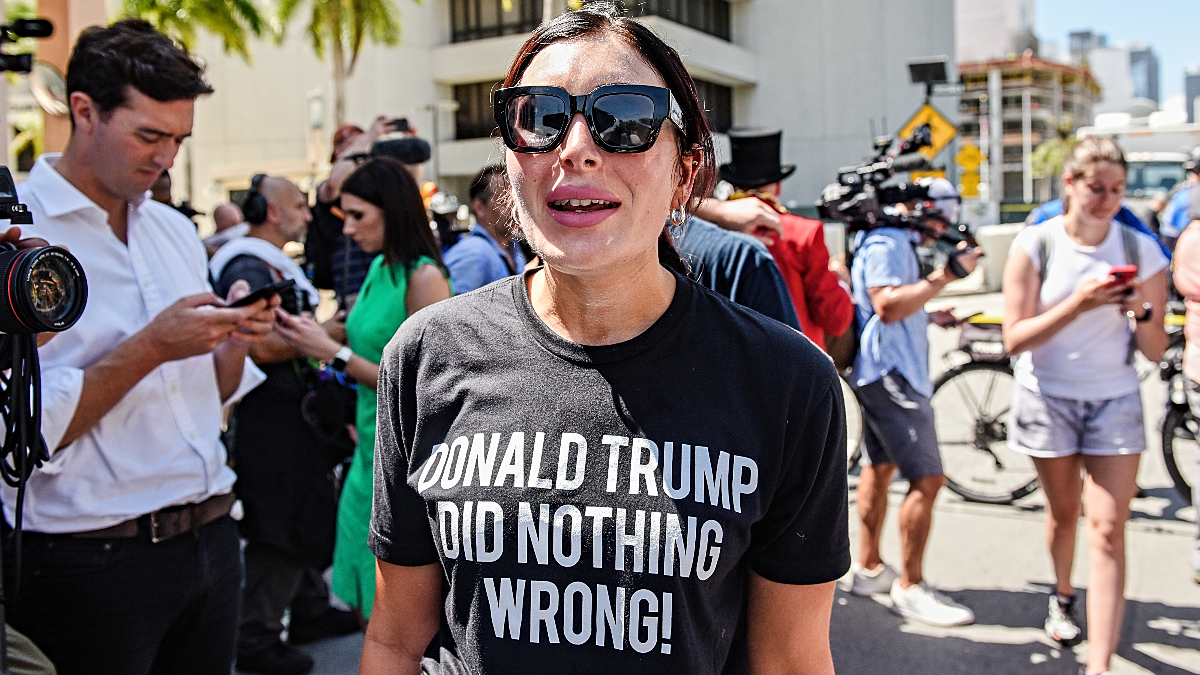
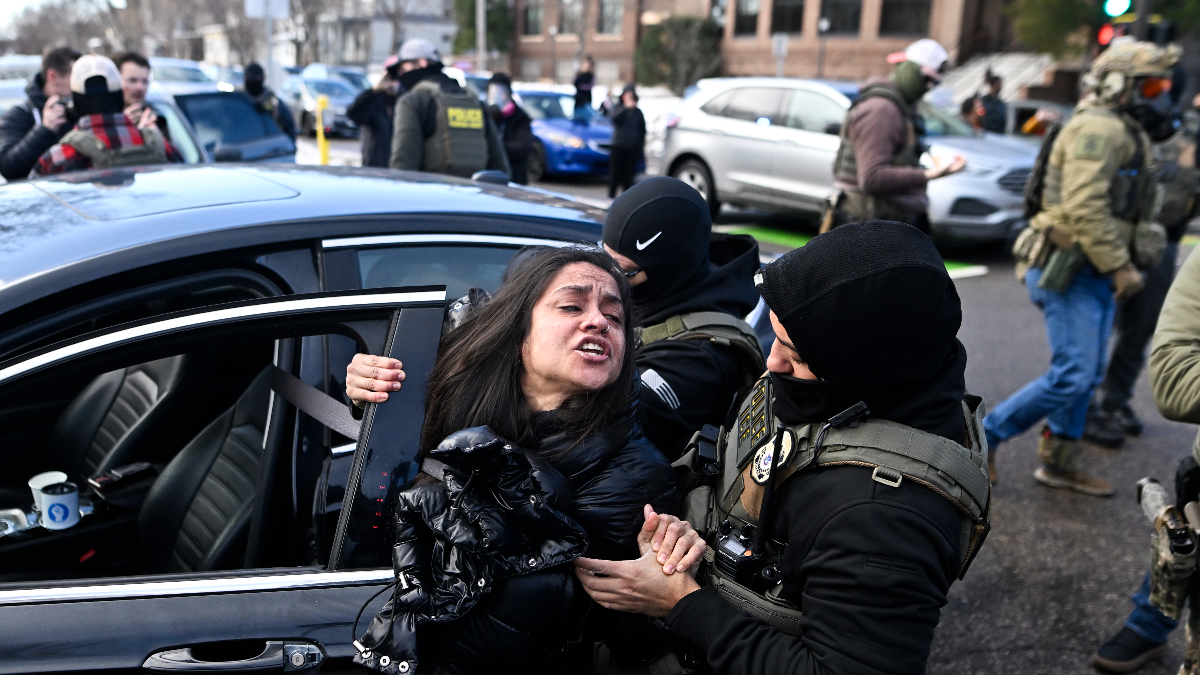

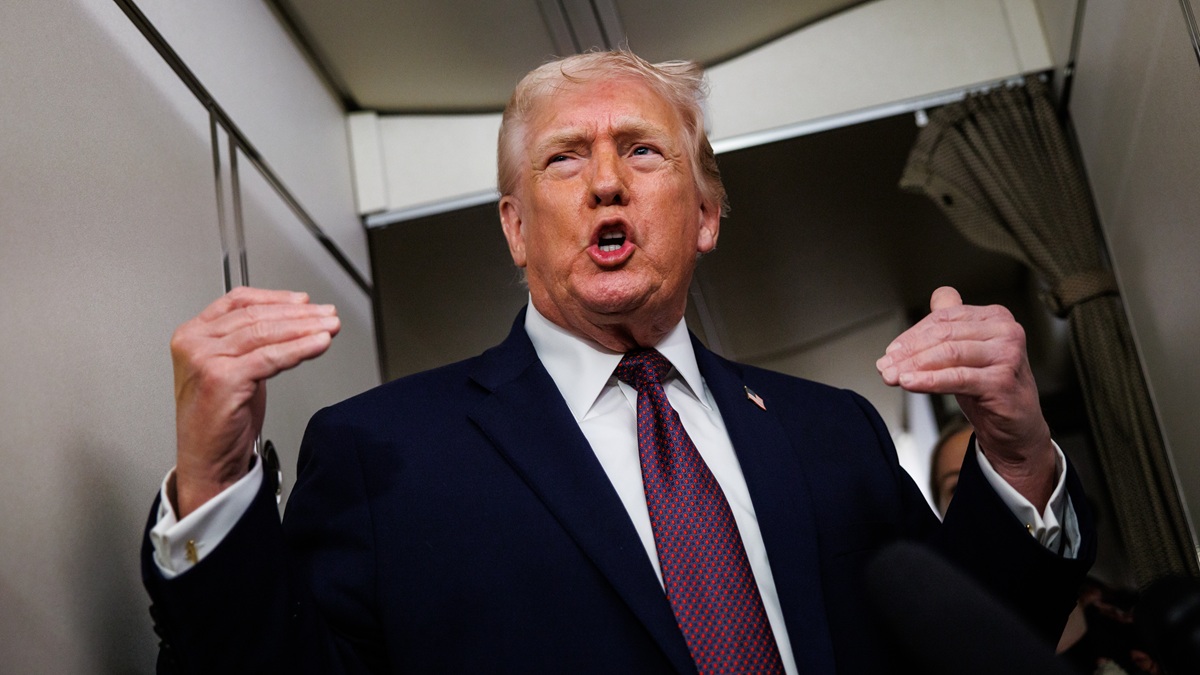
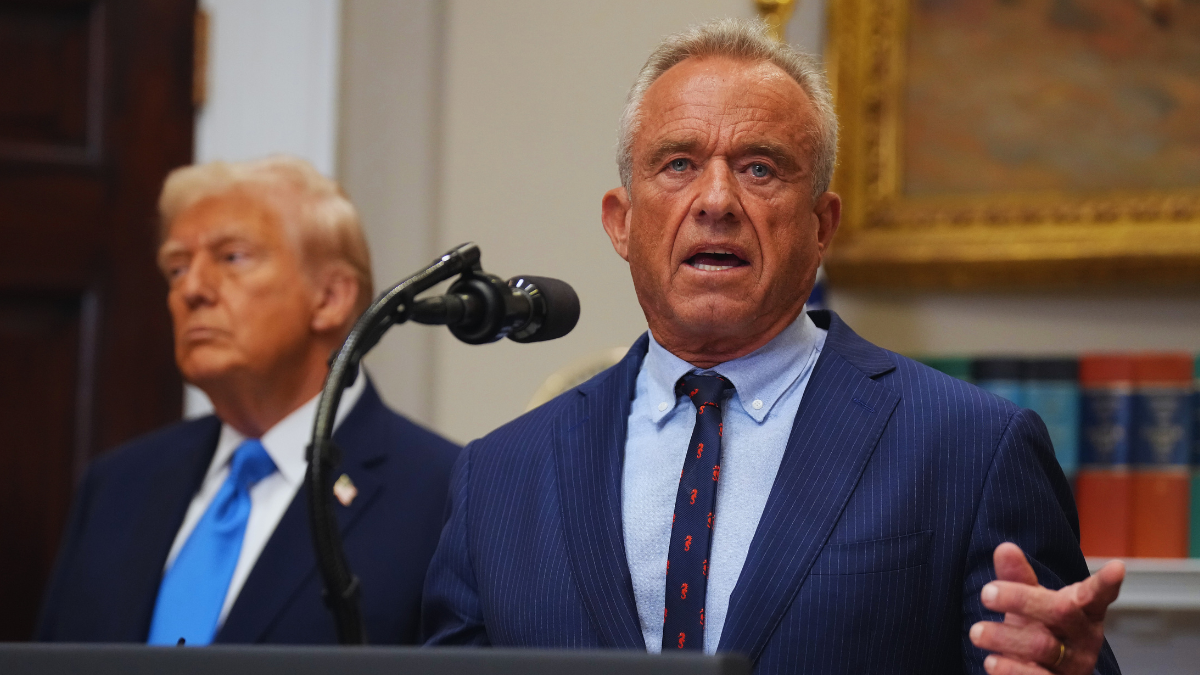

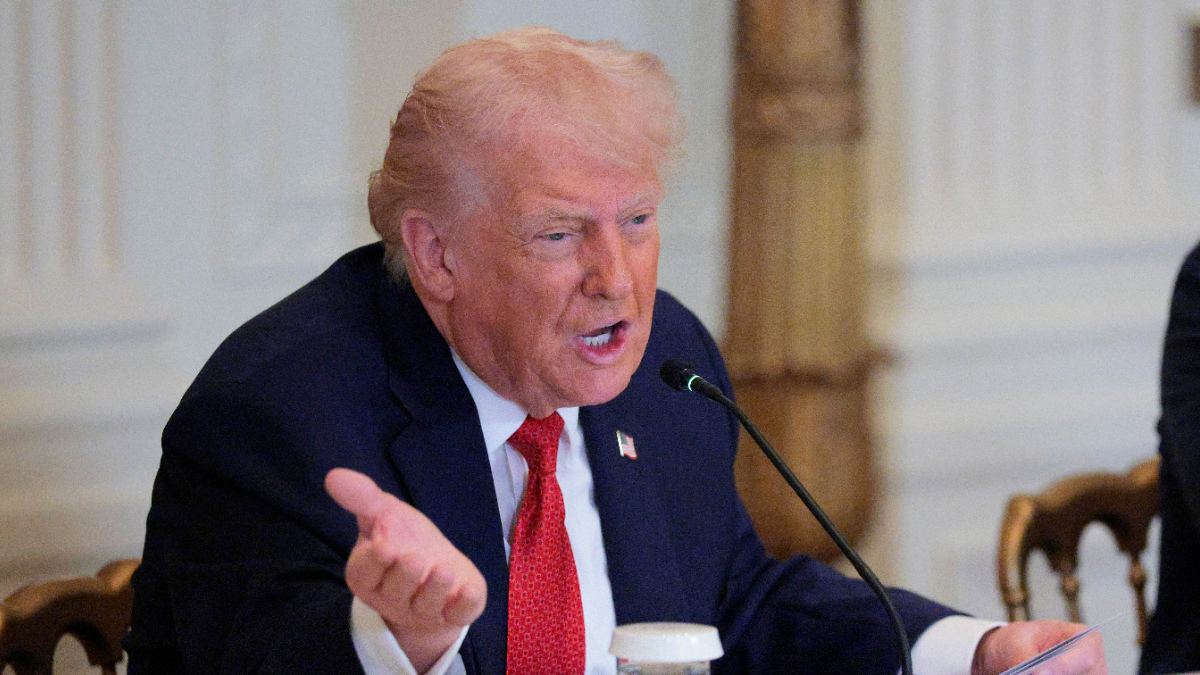
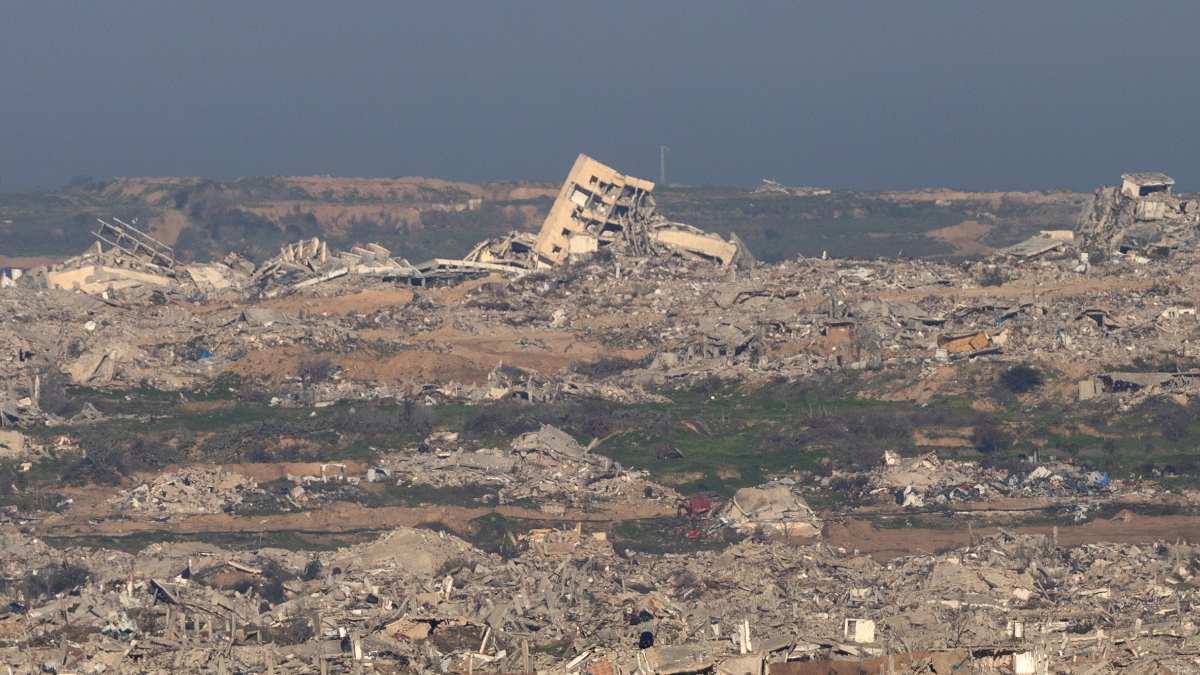
Published: Sep 2, 2016 05:38 pm